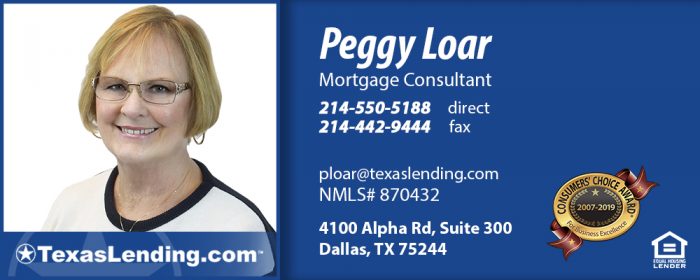What is a Reverse Mortgage?

If you have ever wondered, “what is a reverse mortgage?” You are not alone. This is a very common question, and the answer is both simple and complex.
The purpose of this article is to help you better understand reverse mortgage programs. As well as, how this type of mortgage benefits homeowners.
The Easy Answer
In the most simple terms, a reverse mortgage is a financing option for homeowners over the age of 62 to access a portion of the equity in their home.
Reverse loan programs are insured by the U.S. Federal Housing Administration. The reverse mortgage program is also known and a HECM, or home equity conversion mortgage.
What is a home equity conversion mortgage used for?
The cash you receive from your home’s equity can be used to pay for living expenses or other items of your choosing. This is considered a Reverse Mortgage Refinance. If there is a remaining balance on a current mortgage loan, that balance must be paid from the reverse mortgage funds first.
Alternatively, there is a reverse mortgage program that allows borrowers to use the equity of their existing home to purchase a new home. This is called a Reverse Mortgage Purchase. Allowing homeowners over the age of 62 to more easily transition to another home, without having to wait for the sale of their current home.
When does a reverse mortgage have to be repaid?
The borrowers are not required to repay a HECM loan until the home is sold or otherwise vacated. As long as at least one homeowner lives in the home as their primary residence, pays the annual required property taxes and homeowners insurance, and maintains the condition of the home in accordance with FHA requirements, repayment of the HECM loan will not become due.
Qualification Guidelines of a Reverse Mortgage
Here are some requirements and responsibilities for the HECM program:
- All borrowers listed must be 62 years or older. Married couples must both be on the mortgage. There are exceptions if you are within six months of turning 62.
- The property used as collateral must be used as the primary residence of the borrower(s).
- All existing liens must be paid off by using the proceeds of the HECM.
- The borrower must remain current on all real estate taxes, homeowner’s insurance, and any other mandatory obligations directly associated with the property.
- Borrowers are responsible for maintaining the property and completing any repairs needed.
- You must receive mandatory counseling with an independent agency approved by the US Department of Housing and Urban Development.
How do I get a Reverse Mortgage?
If you are interested in getting a reverse mortgage, we are here to help. Our goal is to answer all of your questions to help you understand your reverse mortgage options.
- You can send an inquiry to us anytime at TexasLending.com.
- Call our main office at 1-800-346-8047
- Reach Out to or Reverse Mortgage Specialist, Peggy Loar, directly.







